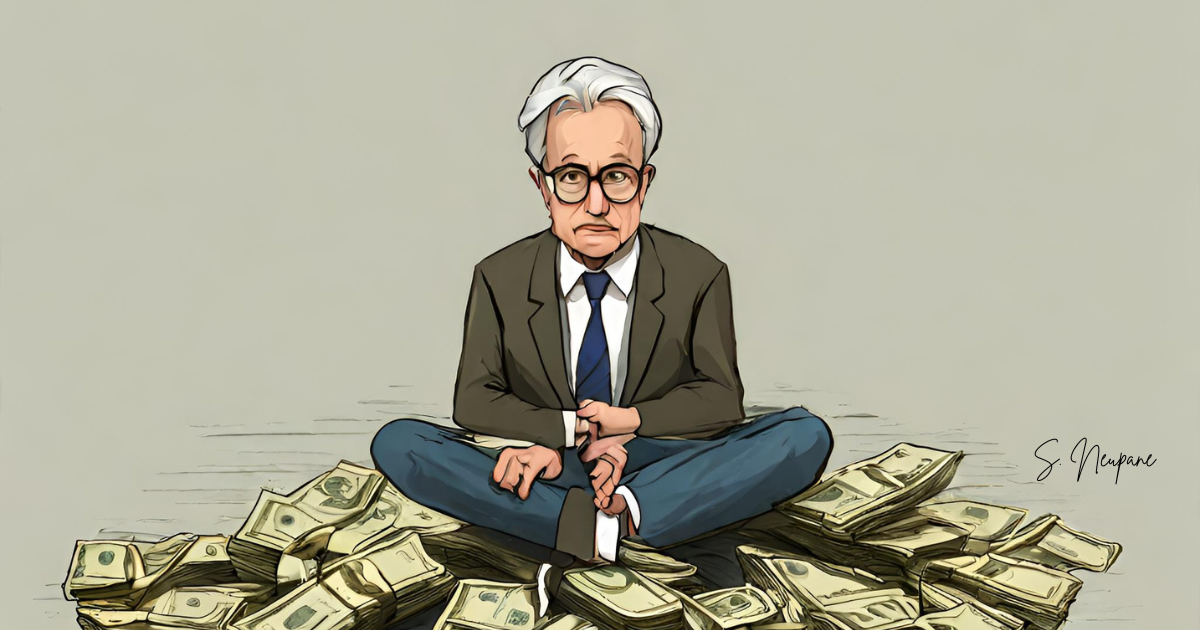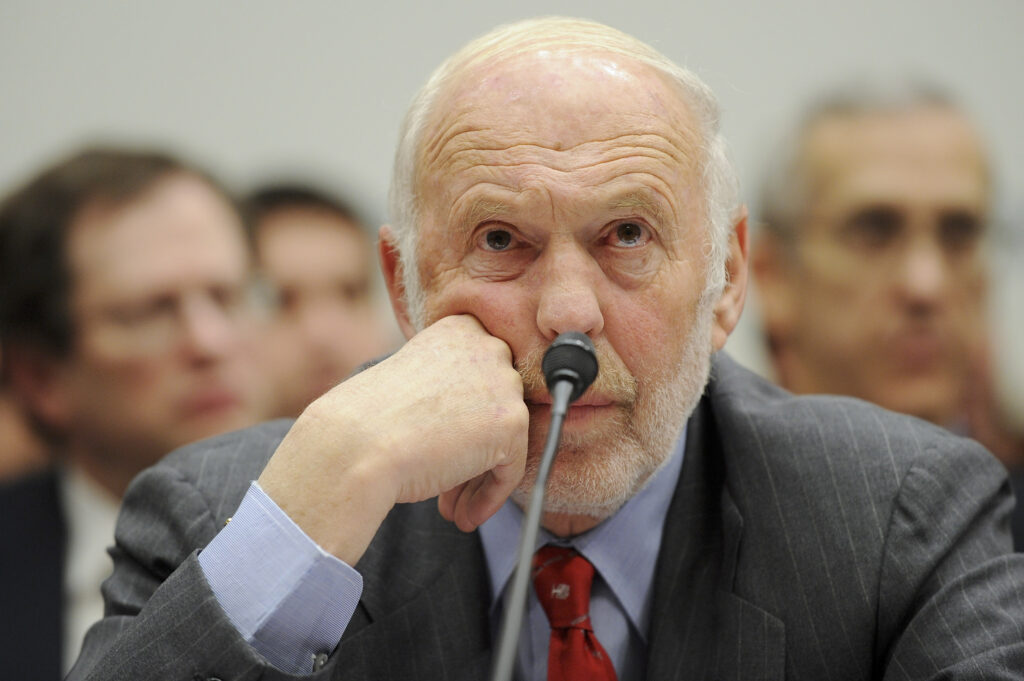Liquidity refers to the company’s efficiency in converting its assets into cash. The company must maintain sufficient liquidity, and various reasons exist behind it.
Let’s understand the reason behind maintaining an adequate amount of liquidity with the help of the example of Warren Buffet. Warren Buffet took control of a textile company, Berkshire Hathaway Inc., in April 1965, and from the first day, he was worried about having enough liquidity in the company. But why?
The textile industry at that time was going through tough times, so it was important for Buffet to expand the company so that costs could be reduced and efficiency could be increased. The easy way was acquisition.
Acquisition is purchasing a company in a similar industry and gaining control over it. However, for acquisition, having enough liquid assets is essential. Buffet believed that if he kept adequate liquid assets, the opportunities for Berkshire would present themselves.
The other reason for having enough liquidity is to deal with various types of uncertainties, such as war, tax rates, and fluctuations in financial activity. Buffet wanted to mitigate such uncertainties by having enough liquid assets in the company.
At that time, it was almost impossible for the textile companies to get outside capital due to the depressed textile earnings. Also, there were threats of emerging advanced technology, so the company might have to make capital expenditures at any time, and capital expenditure requires liquid assets.
From Buffet’s perspective, maintaining sufficient liquidity in the company helps the company to grab emerging opportunities, acquire emerging technologies, and deal with uncertainties that can affect the business.




